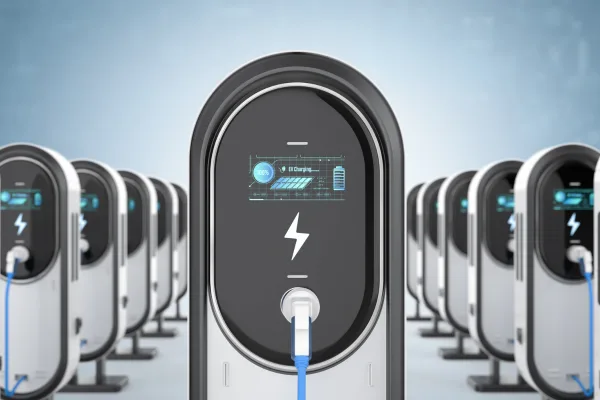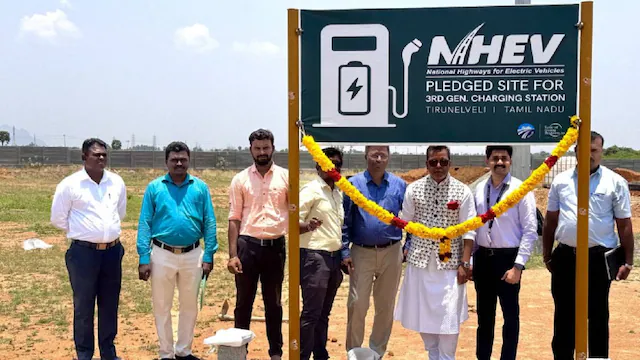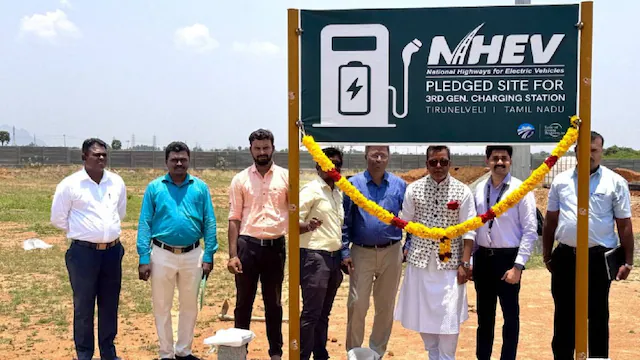In a groundbreaking move that signals India’s commitment to electric mobility, the National Highways for Electric Vehicles (NHEV) has made a significant stride in expanding the country’s EV charging infrastructure by acquiring 4.7 acres of land in Tirunelveli for developing 3G electric vehicle charging stations. This strategic development is set to reshape the future of electric transportation in South India.
Key Highlights of the NHEV Project
Strategic Location
The land is strategically positioned on the Kanyakumari-Madurai Highway corridor, marking the second charging station on this route and the first under the NHEV South Zone rollout. This location is crucial for enhancing electric vehicle mobility in the region.
National Rollout Scope
The project is part of an ambitious 5,500 km national rollout of the NHEV 3G charging network. This initiative was initiated following recommendations from the Estimate Committee of the 17th Lok Sabha and has been accelerated under the 2025-26 Union Budget.

Innovative Approach to EV Infrastructure
Hybrid Funding Model
NHEV is implementing a unique ‘AHEM’ (Annuity Hybrid E-Mobility) model that allows participation from:
- Public Sector Undertakings (PSUs)
- Private entities
- General public
This approach breaks down traditional licensing barriers, making EV charging station ownership more accessible than ever before.
Project Specifics
Technical Details
- Land Area: 4.7 acres
- Location: Tirunelveli, Tamil Nadu
- Highway Corridor: Kanyakumari-Madurai
- Project Type: 3G EV Charging Station

Strategic Partnerships
Key partners include:
- Tata Steel Nest-In
- HYDRA Charging
- Maaya Autobahn
Over 36 partners are expected to be involved in the project’s development
Future Outlook
The project aims to complete the NHEV 3G charging network by 2027, three years ahead of the original 2030 target. This accelerated timeline demonstrates India’s commitment to electric mobility and sustainable transportation.
Conclusion
NHEV’s land acquisition in Tirunelveli is more than just a infrastructure project – it’s a testament to India’s bold vision for an electric future. As the country accelerates towards sustainable transportation, initiatives like these pave the way for a greener, more efficient mobility ecosystem.
Also read- Kia Slashes 2030 EV Sales Target: What This Means for the Future of Electric Vehicles


